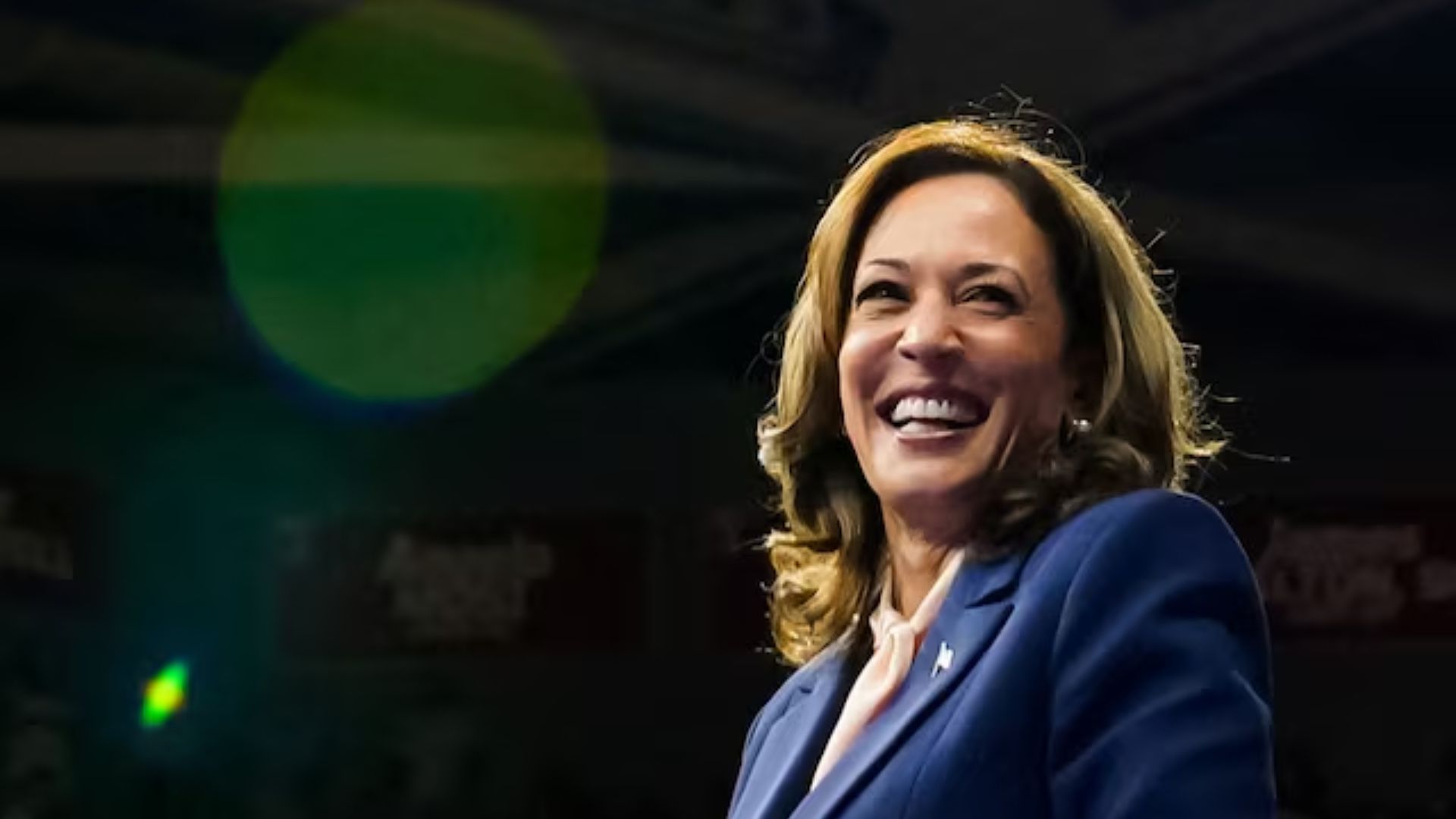DETROIT, (Reuters) – U.S. presidential candidate Kamala Harris clinched the United Auto Workers’ endorsement last week, but a tough task still lies ahead: earning the support of its nearly 400,000 members.
Democrats have been energized by Harris’ candidacy after President Joe Biden ended his re-election campaign following a poor June debate. Polls show her with a small national lead over Republican Donald Trump for the Nov. 5 election, but securing UAW members’ votes in the battleground state of Michigan could be key in what is expected to be a tight race with the former president.
Michigan households with a union member have been more likely than those nationwide to vote for a Democrat in the last three U.S. presidential elections, according to polling firm Edison Research, and in the state they lean to Democrats more than non-union households.
But Trump has tried to win over union members and other blue-collar workers nationwide. The head of the International Brotherhood of Teamsters, Sean O’Brien, gave a speech at the Republican National Convention last month although the union has yet to endorse a candidate.
Harris is expected to meet with union workers in Detroit on Wednesday and hold a rally with UAW President Shawn Fain, who has praised her record on fighting corporate price-gouging, profiteering and unfair trade deals. Fain has also spoken highly of Harris’ vice-presidential pick, Minnesota Governor Tim Walz.
“We know whose side Kamala Harris is on and we know whose side Donald Trump is on. Kamala Harris has stood with working people, Donald Trump stands with the billionaire class and the corporate class,” Fain said Monday on a “Progressives for Harris” fundraiser livestream.
In the 2020 presidential race, 62% of Michigan households with a union member voted for Biden, helping him win the state. By contrast, union households split 53% to 40% for Hillary Clinton in 2016, when she narrowly lost the state and the national race.
In presidential elections dating to at least 2008, UAW member support has consistently exceeded 60% for the Democratic candidate, and never surpassed 35% for the Republican ticket, according to a union official. All signs indicate it will hold for 2024, the official added.
“I see a lot of energy and re-engagement in the process” among UAW Democrats since Harris launched her campaign, said Todd Dunn, president of a large UAW local in Kentucky.
The UAW’s executive board, not the larger membership, votes to endorse a candidate. While the endorsement doesn’t necessarily guarantee support from rank-and-file UAW workers, it is a shot in the arm for Harris’ campaign.
“It signals that the UAW will apply its political resources to support the candidate and those resources include not only money, but voter mobilization efforts, where I think the UAW has had a history of being an important player,” said Marick Masters, a Wayne State business professor who focuses on unions.
The Trump campaign did not respond to a request for comment.
A spokesman for the Harris campaign said thousands more auto workers are employed now under the Biden-Harris administration’s leadership than under Trump, adding that “Donald Trump is lying to workers to cover up his record of costing Michigan three auto plant closures and thousands of auto jobs.”
‘AUTO WORKERS FOR TRUMP’
Chris Vitale, a UAW member for 30 years and employee at Jeep-maker Stellantis (STLAM.MI), opens new tab, said the membership’s support for Trump is stronger than UAW leadership publicly acknowledges.
Vitale plans to support Trump, citing his record on trade and tax issues that affect the auto industry. He has previously backed Democrats, including former President Barack Obama.
“Auto Workers for Trump,” a group that Vitale participates in, will be holding a gathering on Wednesday near Harris’ Detroit rally.
“We’ve got two people to choose from… I’m throwing in with the one who at least has a record of being interested in manufacturing and preserving it in this country,” Vitale said, speaking of Trump.
Manufacturing employment in Michigan grew by 11,600 in the first two years of Trump’s term, according to U.S. Federal Reserve data, but then tailed off prior to a sharp drop during the COVID-19 pandemic. The state has gained 21,400 manufacturing jobs since Biden took office.

THE EV QUESTION
Trump in the past has been outspoken against electric vehicles and Biden’s policies around them, warning that consumers are being forced into battery-powered models.
However, he abruptly changed his tone after Tesla CEO Elon Musk endorsed him. “I’m for electric cars. I have to be because, you know, Elon endorsed me very strongly,” Trump said at a recent rally.
Some auto workers say they support both Trump and EVs.
“Electric vehicles, in a sense, are putting food on my table right now,” Vitale said, adding that he thinks the industry will be hurt if EVs are pushed on drivers before the market is ready.
Elija-Blu Lampkin, who works in a Stellantis stamping facility near Detroit, wants to hear more from Harris about how she will keep jobs in Michigan amid the transition to EVs. Still, he said she already has his vote.
“There’s no way that I can go the other way,” Lampkin said.
Reporting by Nora Eckert; editing by David Gaffen and Alistair Bell











